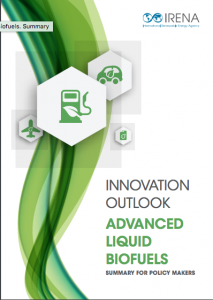 Our latest ZimmPoll asked the question, “What is most important to food sustainability?”
Our latest ZimmPoll asked the question, “What is most important to food sustainability?”
Sustainability is no longer simply a word used in agricultural circles. Consumers are also weighing in and therefore food companies are recognizing the importance of sustainability in agriculture, but some aren’t understanding technology and food production work hand-in-hand. Yet, this poll stresses agriculture’s point. All factors need to come into play when we talk sustainability.
Here are the poll results:
- Biotechnology – 14%
- Precision technology – 0%
- Nutrient management – 4%
- Water management – 8%
- Ag education – 13%
- All of the above – 53%
- Other – 8%
Our new ZimmPoll is live and asks the question, Which candidate is better for agricultural exports?
Both major party candidates have said they are opposed to the Trans Pacific Partnership which most studies show would help to open up markets and increase agricultural exports. The Obama administration has been strongly in favor of TPP and urging Congress to ratify the trade agreement as soon as possible, but that will not likely be before the end of the year, leaving it in the hands of the next president and a new Congress. So, which candidate would be better to help increase ag exports?












